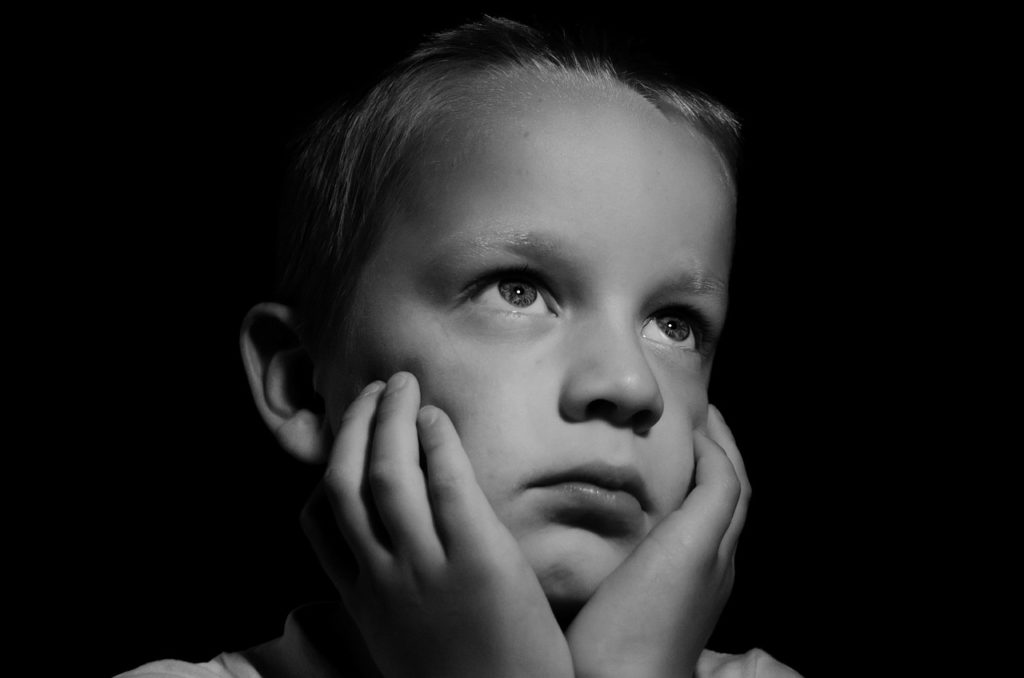
How to React if Your Children Feel Crisis?
Children can often feel:
- apathetic: ‘I just don’t care anymore’
- scared: ‘I feel worried, nervous’
- confused: ‘I can’t think straight’
- immobilized: ‘I feel stuck and nothing helps’
- despairing: ‘It all feels hopeless’
- overwhelmed: ‘I don’t feel in control’
- bewildered: ‘I’ve never felt like this before’
- angry: ‘How dare he die and leave me’
- that the situation is not fair: ‘Why is this happening to me?’
- a sense of urgency: ‘I need help now!’
How children react?
Children can have their own problems and things that seem manageable or small to an adult can be a crisis for a child. If parents don’t know what caused the crisis, this can confuse them.
If a parent or parents are in distress it can set off a crisis for a child. You need to be aware of the impact on the child, but this doesn’t mean you should hide your feelings.
Children have the feelings in a crisis similar to adults but they rather show their feelings in actions, than in words.
They may:
- have problems with friends or behavior problems
- be distressed if they see people they care about or their parent or parents not coping
- have poor concentration or disturbed sleep
- be scared of things linked to the crisis, for example, strangers, changes in living arrangements or loud noises
- lose interest in physical activities or school
- have nightmares
- fear there will be crises in their life or other areas as well.
At different ages, children react differently.
The reactions can include:
1 to 4 years – Fear of being left alone, thumb-sucking, fear of the dark, clinging to parents, speech or feeding problems, nightmares, irritable, bed wetting, not sleeping or broken sleep, fretful
5 to 10 years – Confusion, aggression, poor concentration, withdrawing, avoiding school, competing for attention, nightmares, fear of being hurt, tummy aches, fear of the dark, headaches, fear of being left alone
11 to 13 years – Anxiety, fear of losing family and friends, broken sleep, changes in appetite, antisocial behavior, aches and pains, skin problems, acting as if it hasn’t happened, school problems
14 to 18 years – Lack of energy, physical problems like bowel problems, asthma attacks, rashes or headaches, changes in sleep and appetite, poor concentration, lack of interest in things they usually enjoy, antisocial behavior, guilt.

Understand and Support your children
- They need to have someone they can rely on.
- If you panic, your children will be more afraid, try not to over-react.
- Always talk with your children about what’s happening, even if it is hard.
- Say enough for them to understand what the problem is or what has happened. Keep it simple and use words they understand.
- You may have to repeat things many times, even simple things, depending on their age.
- If you don’t know something, don’t be afraid to say it.
- When your children see that you are upset talk to them about your feelings, and let them know that you are working out how to manage the crisis.
- Make sure your children are active, eat well and get plenty of rest.
What children need most is acceptance, understanding, reassurance, and support.
